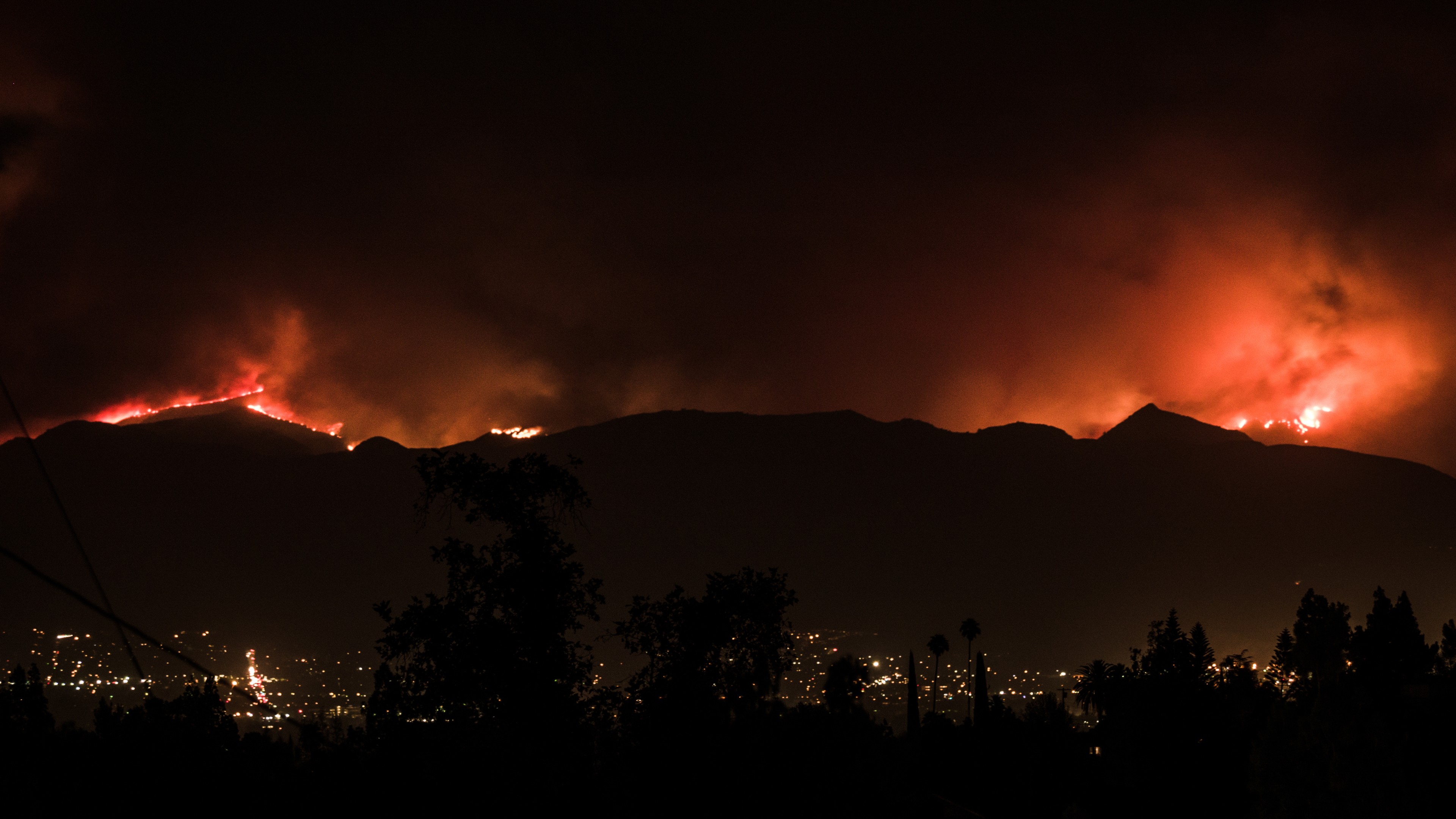The field of economics will likely witness a wildly new approach to the notion of scarcity in the coming years, a good thing believes the Nobel Prize winner—but first let’s make sure we understand how differently resources play out in separate realms.
Question: How does economics differ between renewable and non-renewable resources?
Elinor Ostrom: Yeah, it's a big problem and Gary Libecap has done an excellent variety of very good economic articles on oil wells. And there your problem is timing rather than how much you take out now. Because if you take out oil too fast, the soil around it collapses. And so oil companies have had to invest heavily in getting good technical geologic information and then developing agreements among them as to the way they're going to extract. And to that extent, while the oil is in the ground, it's a common pool. But like water, once it's pulled out, it becomes something that can be packaged. And here, the problem of getting good timing is a very big one. In the Middle East, oil has been run pretty much as an oligopoly and a part of our problem is the pricing of an oligopoly is not necessarily a fair pricing.
On the other hand, we do need to have more resources that are used for heating and transport priced higher, but then can that money go into public coffers that then invest in new solar innovations, wind power, and a variety of other techniques, rather than into an oligopolous pocket.
Recorded on: October 25, 2009





